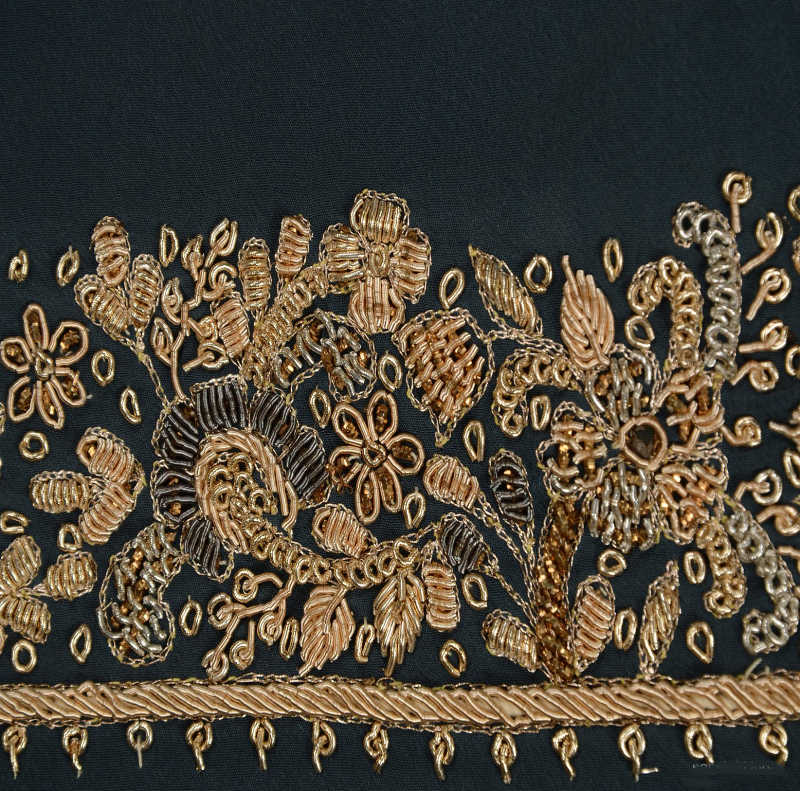===
0107,
4
===

=== |
 |
nāz : 'Blandishment, coquetry, playfulness, amorous playfulness, feigned disdain; dalliance, toying; fondling, coaxing, soothing or endearing expression; —pride, conceit, consequential airs, whims'. (Platts p. 1114)
parvar : 'act. & pass. part. Nourisher, cherisher, supporter, protector, patron; nourished, cherished, reared, brought up, educated'. (Platts p.256)
FWP:
SETS == BHI
MOTIFS
NAMES
TERMSSRF's commentary is based on the passive-participial sense of parvar as 'protected, nourished, cherished'. This is certainly a good reading and works well. (Though more commonly that sense would be parvardah , which SRF elides it into.)
But what about the at least equally obvious active-participial reading of 'protector, nourisher, cherisher'? Both meanings seem fully available; Platts even gives the active one first (see the definition above). And for a prime Ghalibian example, in which the parvar can have only this active sense, see Ghalib's use of the common phrase bandah-parvar ('protector/cherisher of servants') in G{19,2}.
On this active-participial reading, the lover's heart becomes not the indulged, pampered child, but the indulger, the nurturer, the pamperer. The heart used to nurture and nourish the 'pride', the 'airs', the 'whims' (see the definition of nāz above) of the lover (which is of course a suitable role for a heart to play). But that was back in the days when the lover was a pampered, indulged, free agent, enjoying his ego and his youthful vitality. Now, of course, everything is different. Now the lover's heart has passed over into the beloved's hands, and (as shown by the bhī ) it is playing the same role 'even' or 'also' for her-- supporting her, nurturing her, cherishing her airs and graces, indulging her temperamental demands.
So what the lover asks for, it seems, is just a bit of continued respect for the heart. That 'keep showing respect' evokes the respect the lover used to pay to the heart (the respect due from a cherished child to an affectionate guardian), and also perhaps recalls an initial show of interest from the beloved toward the newly-acquired heart. But now the lover feels impelled to remind the beloved that the heart is an indispensable enabler, it will 'support, nourish, nurture' her pride and self-assertion; it will serve her as effectively as it used to serve the lover himself.
There's a kind of pathos in that second line-- like the last words spoken to someone who has just adopted the speaker's beloved pet pony or faithful dog, the last injunction about care, the last chance to try to ensure a good home for the dear old creature.